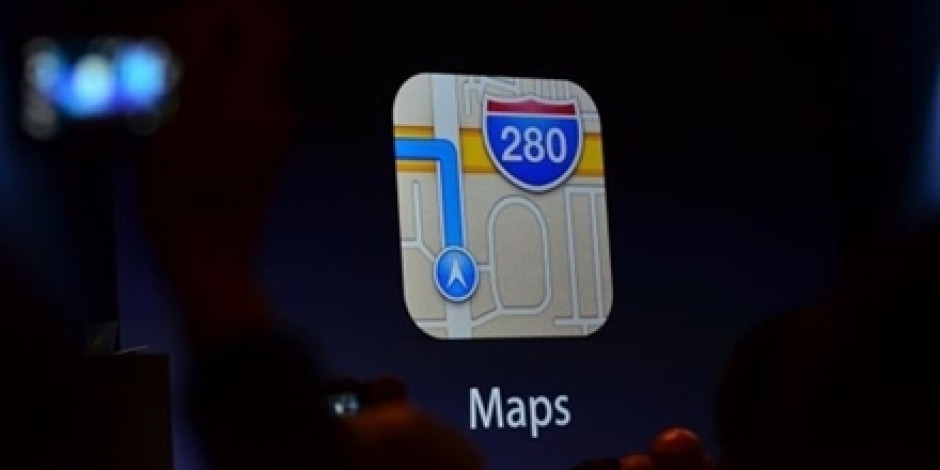Apple’s clumsy attempt at creating a reliable mapping service, which went live with iOS 6 last week, met with such widespread criticism that the blogosphere is now full of comments from users who think the service isn’t so bad after all, because, well, it can locate the 5th Avenue. Not the kind of compliment Cupertino fishes for. That Apple served a half-baked service and put its own interest before those of its users is bad enough for a company known for its focus on excellence and impeccable user experience. But, as we discovered in sosyalmedya.co, bad reviews may be the least of Apple’s worries as the the rushed product threatens national security.
How can the fruity company infringe national security? Simple. Apple Maps displays highly sensitive satellite information in Turkey, like a very clear view of all the installations on a maximum security one-man prison island that houses a single high-profile inmate: Abdullah Öcalan. Öcalan is still deemed the symbolic leader of the Kurdish separatist terrorist organization which has been fueling a civil war that claimed 30,000+ lives in three decades; and İmralı, the island that has been his home for more than a decade, is now laid bare for all to see, thanks to Apple. Not to mention all the police stations and border patrol checkpoints and military complexes the organization targets in SE Turkey: Yep. They are on Apple Maps, too. The repercussions can be lethal, financially for Apple’s presence in Turkey, and literally for unsuspecting victims.
One would think that sensitive topics of this nature would be brought up when President Gül met with Tim Cook earlier this summer, the only result of which seems to be the inclusion of native Turkish characters on the default virtual keyboard layout on iOS. Even though Apple Maps are notoriously weaker outside the US, the company knows when it should just consult with local authorities and outsource mapping projects, like it did in China. On the other hand, if Google knew enough to censor the details of the İmrali Island and other sensitive locations, and Yandex chose to completely leave out the island, then maybe all it takes to avoid the wrath of foreign states is not releasing incomplete products.
While Turkey’s censorship methods are tame compared to those of China’s, the government has shown time and again that they are willing to take on internet giants for political and financial reasons. YouTube was banned for years—supposedly due to YouTube’s refusal to remove a politically charged and insulting video—as government representatives kept drilling Google on the lack of a taxable Turkish corporate business. This odd marriage of nationalistic slander and taxation might come into play again now that Apple has provided the perfect excuse for the government to ban its products. We might start hearing more about those App Store taxes Turkish authorities have been dreaming about for a while.
Since Yandex got into trouble with the army just this week for displaying street view shots of widely known and public military buildings, it is naive to hope that this will just fly over for Apple. Whether the repercussions would focus on the Maps app, or would be amplified to entire product ranges is impossible to predict. Apple Maps doesn’t need the catalyst of a civil war to potentially be lethal—faulty directions and imaginary airfields are no joke, people—but if somebody is hurt because the company lags in rectifying its huge blunder, the result might be very costly.


Yorumlar (0)
Yorum yazabilmek için oturum açmanız gerekir.